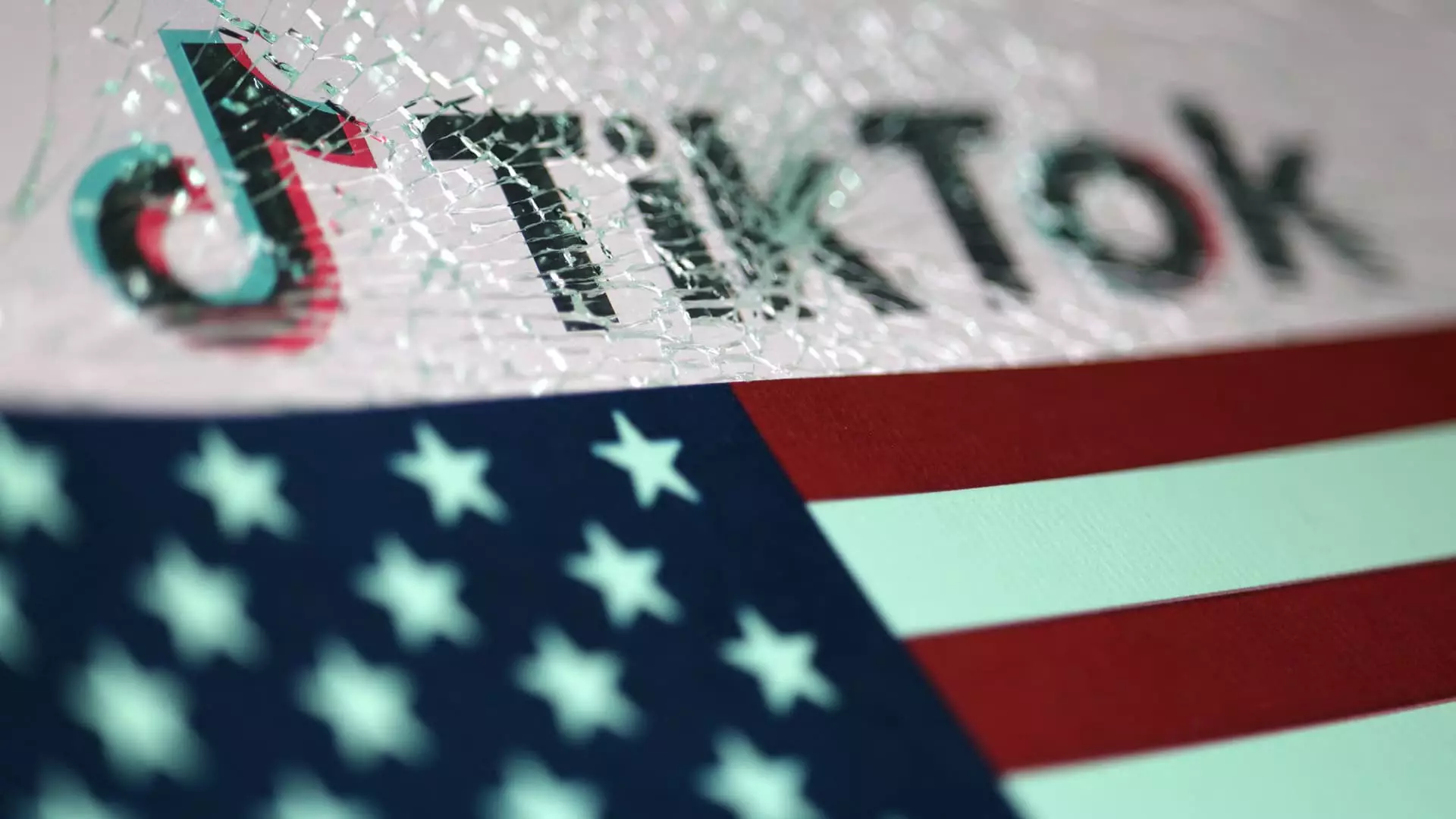The ongoing saga of TikTok has become a focal point of political debate and regulatory scrutiny in the United States. Recent developments signal a temporary reprieve for the popular social media platform as President-elect Donald Trump hinted at a significant change in direction regarding a proposed ban. This controversy raises important questions about the interplay between government decisions and the digital landscape, impacting millions of Americans and countless small businesses.
On a critical Sunday, TikTok experienced a curious revival after the announcement that Trump would sign an executive order to delay the app’s impending ban. In a statement released on X, TikTok expressed gratitude toward the President for providing “clarity and assurance” to service providers. This intervention highlights the tension between national security concerns and First Amendment rights, as TikTok framed the situation as a matter of free speech and censorship. The platform voiced its commitment to work with the Trump administration on a long-term resolution, indicating a desire for collaboration rather than confrontation, which signals a shift in the traditional adversarial relationship between tech companies and government.
Legal complexities surround the TikTok episode, exacerbated by a law that was slated to go into effect. This law not only targeted the app itself but also threatened punitive measures against major technology providers like Apple and Google for facilitating access. The Supreme Court’s affirmation of this law adds a layer of urgency and skepticism about TikTok’s future in the U.S. market. Meanwhile, some users experienced intermittent access to the platform even amid shutdown threats, showcasing a paradox of user engagement and regulatory action.
In a potentially groundbreaking yet controversial proposal, Trump suggested a model where the U.S. could maintain a 50% ownership stake in TikTok. This idea of a joint venture aims to secure American interests and alleviate security concerns—yet it opens the door to several logistical challenges and could disrupt the existing framework of corporate structure. While the notion presents a compromise, ByteDance, TikTok’s parent company, has staunchly maintained its opposition to selling off its stake, revealing a deep-rooted reluctance to relinquish control over the platform.
As debates surrounding TikTok continue, the underlying implications for both American users and the tech industry are profound. The current situation exemplifies a complex balancing act between national interests and the rights of individuals to engage in digital dialogue across platforms. With small businesses relying heavily on TikTok for outreach and marketing, the outcome of this political tug-of-war will likely resonate well beyond the confines of app availability. As the battleground of social media evolves, stakeholders must navigate a landscape laden with regulatory uncertainty, while consumers remain vigilant about their access and freedom to communicate. The future of TikTok is still unwritten, and its trajectory will fundamentally shape the narrative of social media governance in America.


Leave a Reply